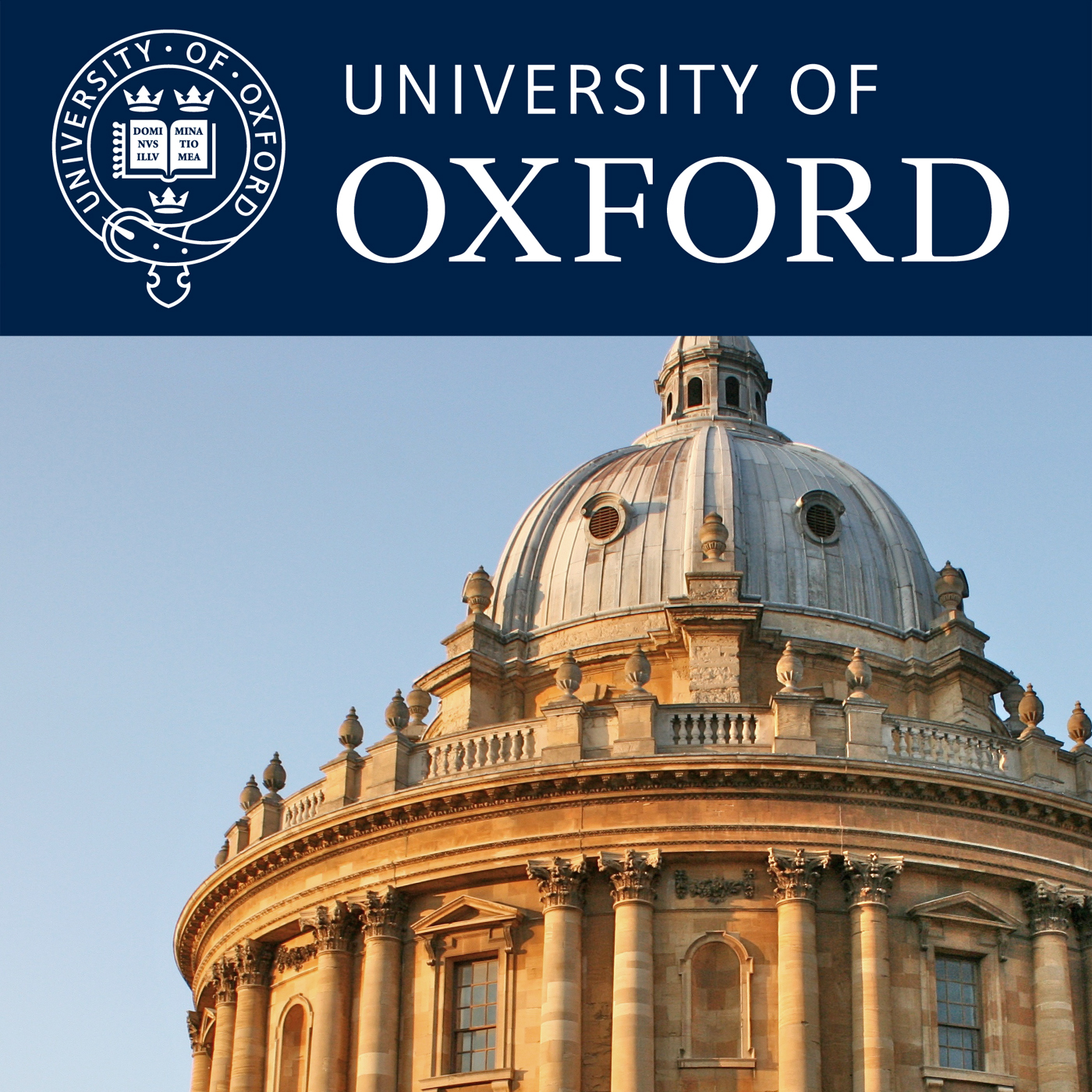Episodes
Steve Clarke, James Martin Research Fellow, Institute for Science and Ethics, Oxford Martin School, Oxford gives a talk for the Ian Ramsey Centre for Science and Religion. Joshua Greene argues that ordinary moral judgment results from the interaction of two distinct neural subsystems which generate competing moral intuitions. One subsystem generates consequentialist intuitions and the other generates deontological intuitions. Greene suggests that our faculty for generating deontological...
Published 07/22/11
Published 07/22/11
Fraser Watts, Cambridghe, gives a talk for the Ian Ramsey Centre for Science and Religion Seminar series. Integrations of evolutionary theory and Christian theology have often been built around the concept of progress. However, it will be argued that 'progress' is an unsatisfactory concept in both evolutionary and theological thought. Watts' proposal is that evolutionary theology does not require the concept of progress, and is better off without it. That theme is developed first in relation...
Published 07/22/11
Professor Roger Scruton gives a talk for the Ian Ramsey Centre for Science and Religion on the 21st October, 2010. Patricia Churchland argued that 'folk psychology , with its everyday concepts of belief, desire, perception and thought, and its idea of the 'mind' as an individual entity in which all these processes occur, is a kind of explanatory science, effective in its way, but with obscure and empirically empty theoretical terms. It is destined to be replaced by a better science of human...
Published 05/16/11
Geoffrey Cantor, John Brooke, Ronald Numbers and Keith Benson, contributors to the Science and Religion Around the World book, give presentations for the Ian Ramsay Seminar Series on 27th January 2011 as part of the book launch. The past quarter-century has seen an explosion of interest in the history of science and religion. All too often, however, the scholars writing it have focused their attention almost exclusively on the Christian experience, with only passing reference to other...
Published 04/18/11
Timothy Chappell, Professor of Philosophy, Open University, gives a talk for the Ian Ramsay Seminar series on 4th November, 2010. Professor Chappell examines the familiar criterial view of personhood, according to which the possession of personal properties such as self-consciousness, emotionality, sentience, and so forth is necessary and sufficient for the status of a person. He argues that this view confuses criteria for personhood with parts of an ideal of personhood. In normal cases, we...
Published 04/18/11
Nidhal Guessoum, Professor of Physics, American University of Sharjah, gives a talk for the Ian Ramsay Seminar series on 18th November 2010. Science, or at least Knowledge, has always had a special status in the Islamic culture and civilization. As Abdus Salam often said, some 750 verses of the Qur'an speak about knowledge, scholarship, and the natural world, compared to less than 250 verses directing the Muslim's life and actions. Modern Science, however, imposed new principles...
Published 04/18/11
Iain McGilchrist gives a talk for the Ian Ramsay Seminar series on 10th February 2011. We now know that each hemisphere plays a role in everything the brain does: the old dichotomies do not hold. Most neuroscientists have therefore abandoned the attempt to understand why nature has so carefully segregated the hemispheres - despite a large, and expanding, body of evidence about their differences at every level. On the basis of research in birds, animals and humans, Iain McGilchrist suggests in...
Published 04/18/11
Gerry McDonnell gives a talk for the Ian Ramsay Seminar Series on 24th February 2011. Iron was fundamental to the construction and operation of any large scale building in medieval Europe, whether castle or abbey. The long-standing interpretation of the development of iron smelting technology in England argued for a step change in technology in the late 15th Century when small scale bloomery iron production was replaced by blast furnaces producing a tonne of cast iron per day. This model...
Published 04/18/11
William Carroll, Aquinas Fellow, Blackfriars College, Oxford, gives a talk for the Ian Ramsay Seminar Series on 10th March, 2011. The publication last September of The Grand Design by Stephen Hawking and Leonard Mlodinow has been the occasion for renewed discussion of the relationship between developments in cosmology and the doctrine of creation. Whether one speaks of quantum tunneling from nothing or some version of a multiverse hypothesis it seems easy to conclude, as Hawking and Mlodinow...
Published 04/18/11


